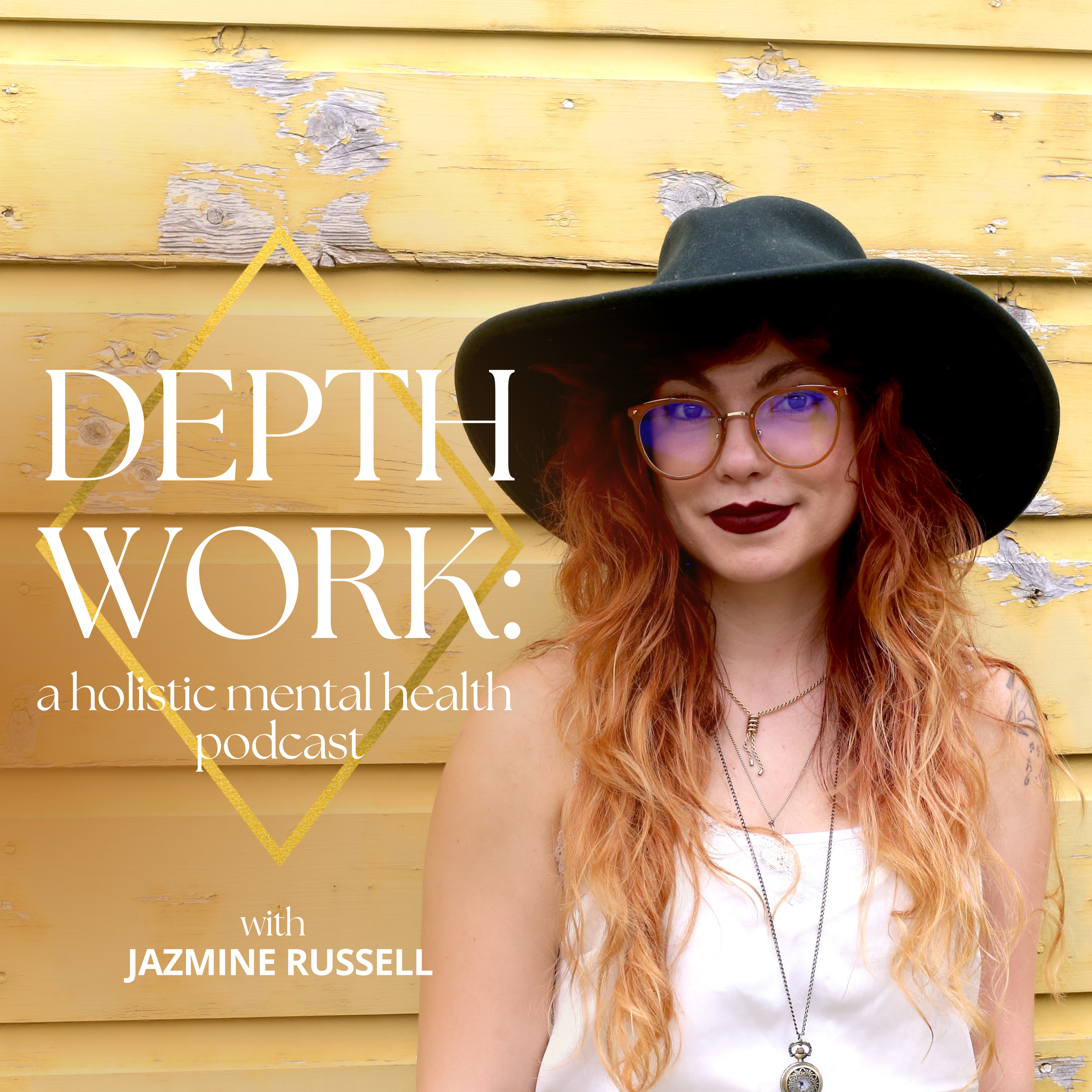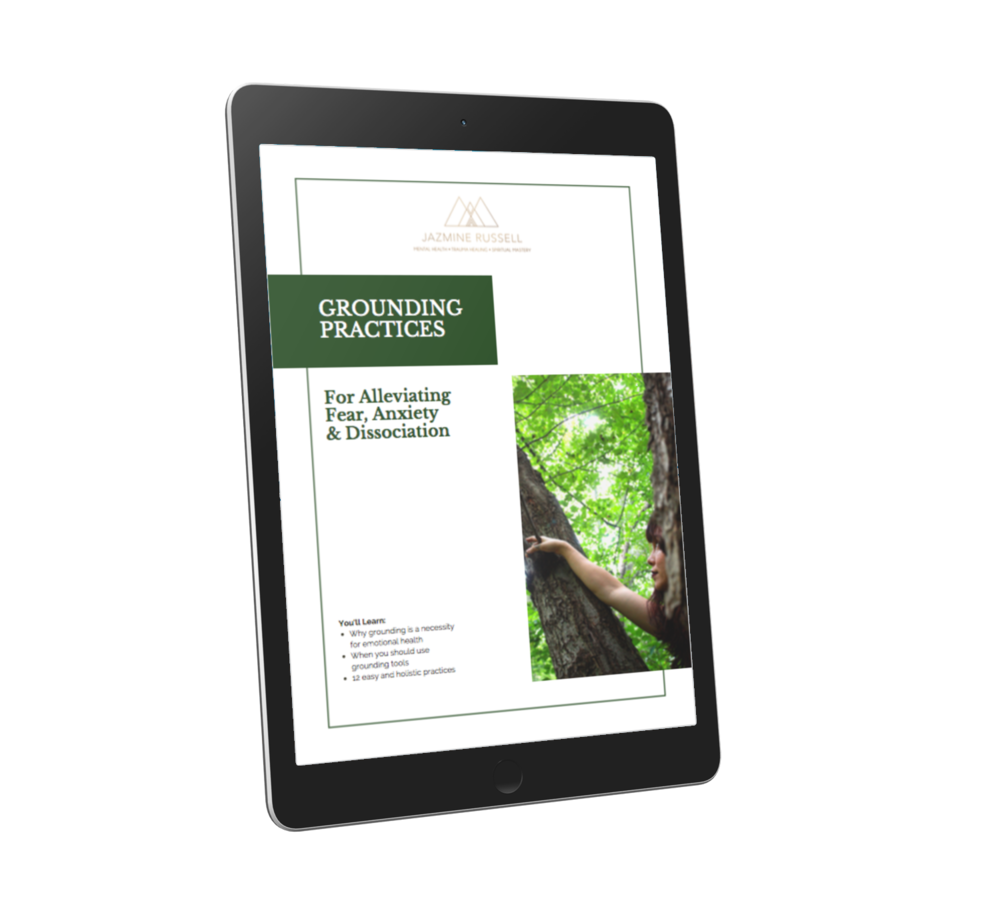Undoing The Impact of Shame & Blame: Centered Self-Accountability
Centered Self-Accountability: Undoing The Impact of Shame & Blame
In this highly-requested episode, we explore the topic of shame and blame, how we can become mired in these emotions, either by taking on too much responsibility or deflecting it onto others. What does centered self-accountability look like and when and why do we engage in both over and under-accountability? In other words, how do we move forward and find agency, power, and creative potential without ignoring or denying the pain of the past?
The Accountability Spectrum: Over and Under Accountability
In interpersonal conflicts, shame and blame can lead us to engage in either over or under accountability. Over accountability refers to the tendency to take on too much responsibility for a situation or relationship, and can show up when we push past our own boundaries, fawn, or believe we are to blame for things we may not have had much control over. Under accountability involves deflecting blame onto others and failing to take responsibility for our own actions or the ways we may have impacted others.
Both over and under accountability can have negative impacts on our relationships and our sense of self-trust. Understanding where we engage in over and under accountability and where these tendencies come from can help us create better relationships.
Childhood Self-Protection & Survival Strategies
As we explore in the episode, over and under accountability are self-protection strategies are often rooted in childhood trauma. For example, those of us who experienced neglect or abuse as a child may develop a heightened sense of responsibility for others as a way to protect ourselves from further harm or mitigate loss of connection. As a child, it can be easier to fathom that the hurt or abuse we experience is somehow our fault (although it never is) rather than a failure of our caregiver, and in this way, we may feel we have some control, changing ourselves or our behavior to mitigate the pain or harm. On the other hand, someone who experienced intense blame and criticism from their caregivers may learn to deflect blame onto others in order to protect themselves from feeling shame.
It's important to note that over and under accountability are not conscious choices, but rather ingrained coping strategies that we may not even realize we're using. However, recognizing these patterns can help us develop more centered self-accountability and build healthier relationships. As we discuss in the episode, the accountability spectrum is a useful tool for assessing how we want to approach complex situations.
“Both over and under accountability can lead to breaches of self-trust.”
What You’ll learn in this episode:
The impact of over and under accountability on adult relationships and self-trust
How to recognize these self-protection strategies developed in childhood
The accountability spectrum and its usefulness in approaching conflict.
“The more we truly do understand the ways in which our choices, options, and life circumstances never operate in a vacuum, the ways in which we’ve been influenced by our societal context, the more we can also really understand what is in our power, how we want to respond and where we wanna go from here. I don’t think those processes are ever separate. I believe that we can find a way to acknowledge structural and societal factors without a sense of hopelessness, and acknowledge our internal responsibility without shame.”
DEPTH Work - A Holistic Mental Health Podcast
This is a space for those who love to dive into the underbelly, to revel in the mystery, question assumptions about what is normal, play in the both/and, and honor the wide range of human emotions.
As a complex trauma survivor, holistic counsellor and co-founder of a mental health institute, I learned that there is immense wisdom in our pain and what we call crazy is just what we are yet not willing to understand and explore. Let’s dive in!
Links:
1:1 Holistic Counseling Sessions - https://www.jazminerussell.com/my-practice-1
Breathwork Sessions - https://www.jazminerussell.com/breathwork-sessions
Energy Healing Sessions - https://www.jazminerussell.com/energy-healing
Research:
The Myth of Normal by Gabor Mate https://drgabormate.com/book/the-myth-of-normal/
Accountability Spectrum inspired by Beyond Survival: Strategies and Stories from the Transformative Justice Movement, Nathan Shara's chapter on Facing Shame: From Saying Sorry to Doing Sorry https://www.akpress.org/beyond-survival-e-book.html
GROUNDING PRACTICES:
FOR ALLEVIATING FEAR, ANXIETY & DISSOCIATION
12 SIMPLE GROUNDING PRACTICES TO HELP YOU COME BACK TO YOUR BODY















